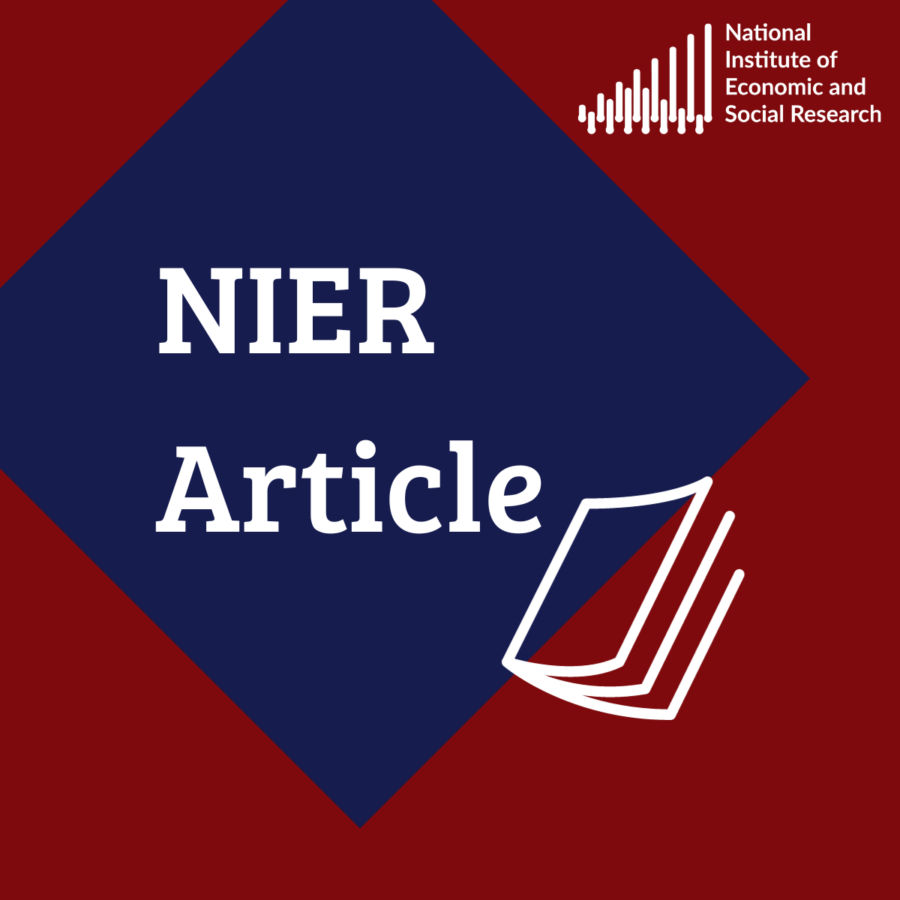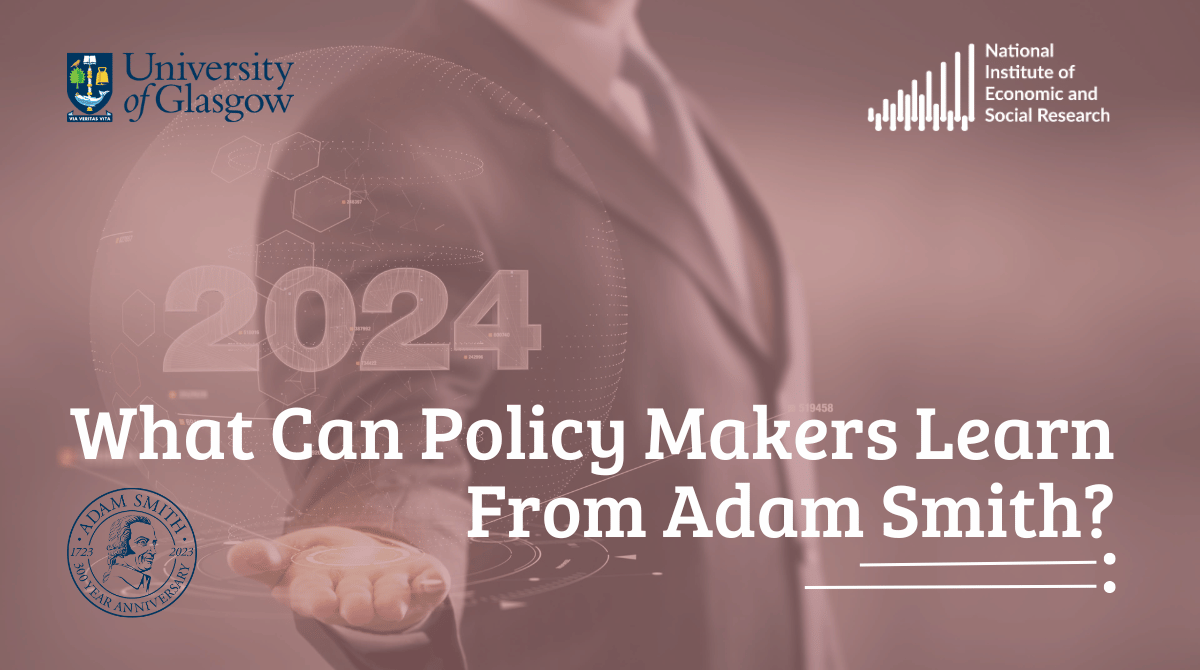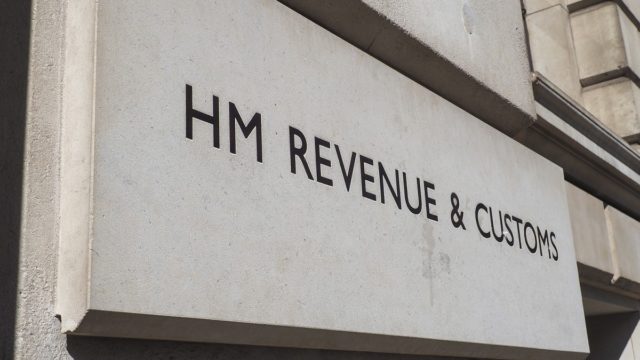- Home
- Publications
- The Power Of Evidence: Improving The Effectiveness Of Government By Investing In More Rigorous Evaluation
The power of evidence: improving the effectiveness of government by investing in more rigorous evaluation
 Pub. Date
Pub. Date
 Pub. Type
Pub. Type

External Authors

Rachel Glennerster
Related Themes
Political EconomyJournal
, No. 219
External Resources
The current fiscal climate is focusing attention on the need for more efficient government. However, we have remarkably little rigorous information on which are the most cost-effective strategies for achieving common goals like delivering high quality education in deprived neighbourhoods or reducing carbon emissions. This paper argues that randomised impact evaluations can provide an effective way to generate the information needed to make government more effective. Advances in the theory and practice of running randomised evaluations mean that a wider range of questions can be answered than ever before. Elsewhere in the world, fundamental questions are being answered about how humans behave, which in turn are being used to design new policies which themselves are rigorously tested. By learning from these results, and by conducting more randomised evaluations on issues important to UK policy (both at home and abroad) it will be possible to design more effective policies and do more with less.
A subscription may be required to access this article
Related Blog Posts

What Can Policy Makers Learn From Adam Smith?
Sayantan Ghosal
Graeme Roy
11 Mar 2024
5 min read

Reflections on the 2024 Spring Budget: What Was and Wasn’t Addressed
Monica George Michail
Stephen Millard
11 Mar 2024
5 min read

How the Chancellor’s Budget Could Help Households and the Struggling Regions
Arnab Bhattacharjee
Robyn Smith
Adrian Pabst
04 Mar 2024
6 min read

Adam Smith’s Division of Labour in Today’s World of Global Markets
Diane Coyle
25 Jan 2024
4 min read
Related Projects

Related News


Related Publications

Geopolitical Risks and the Global Economy
07 Feb 2024
Global Economic Outlook Box Analysis


Adam Smith and the Bankers: Retrospect and Prospect
04 Jan 2024
National Institute Economic Review

On the Promises and Perils of Smithian Growth: From the Pin Factory to AI
04 Jan 2024
National Institute Economic Review
Related events

What Can Policy Makers Learn From Adam Smith?

NMITE and the Political Economy of Higher Education – Jesse Norman

Economic Effects of Russia’s Invasion and Sanctions

2022 Deane-Stone Lecture – The Uses and Abuses of Economic Statistics

The Political Economy of Devolution in, and Secession from, the UK

What Next for the Levelling-Up Agenda? Addressing New and Old Challenges in the UK Regional Inequalities Landscape




